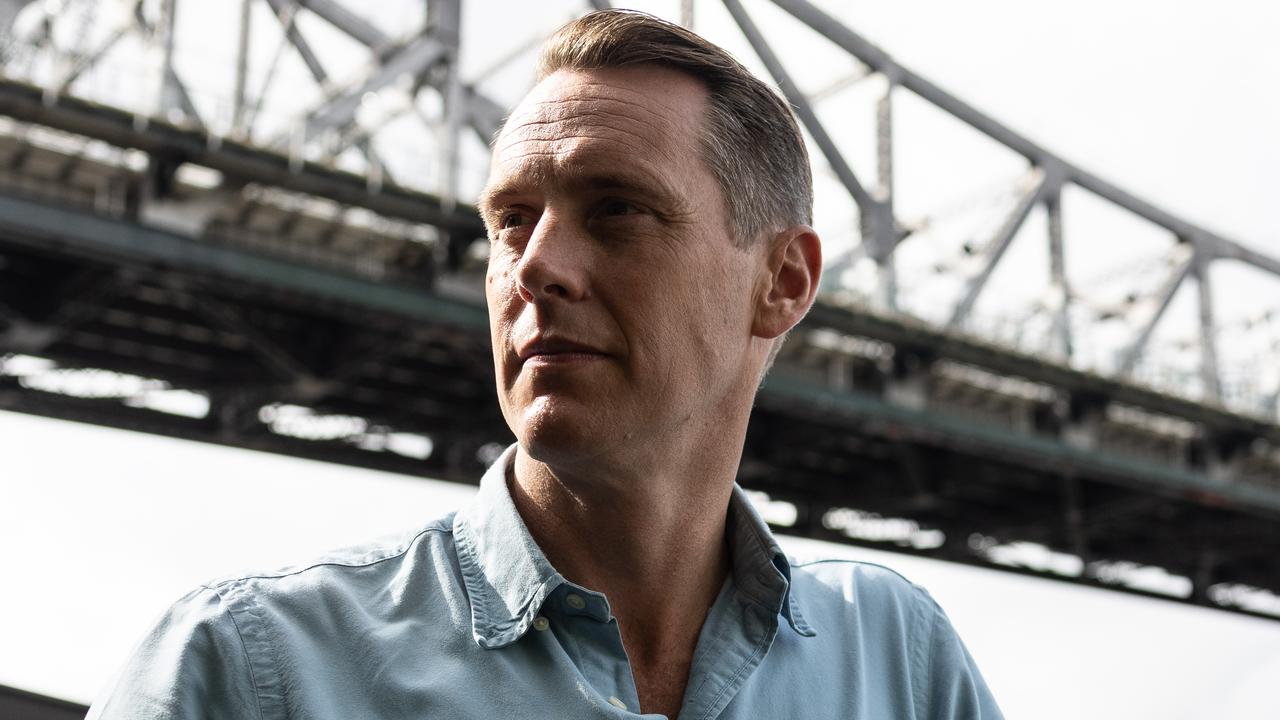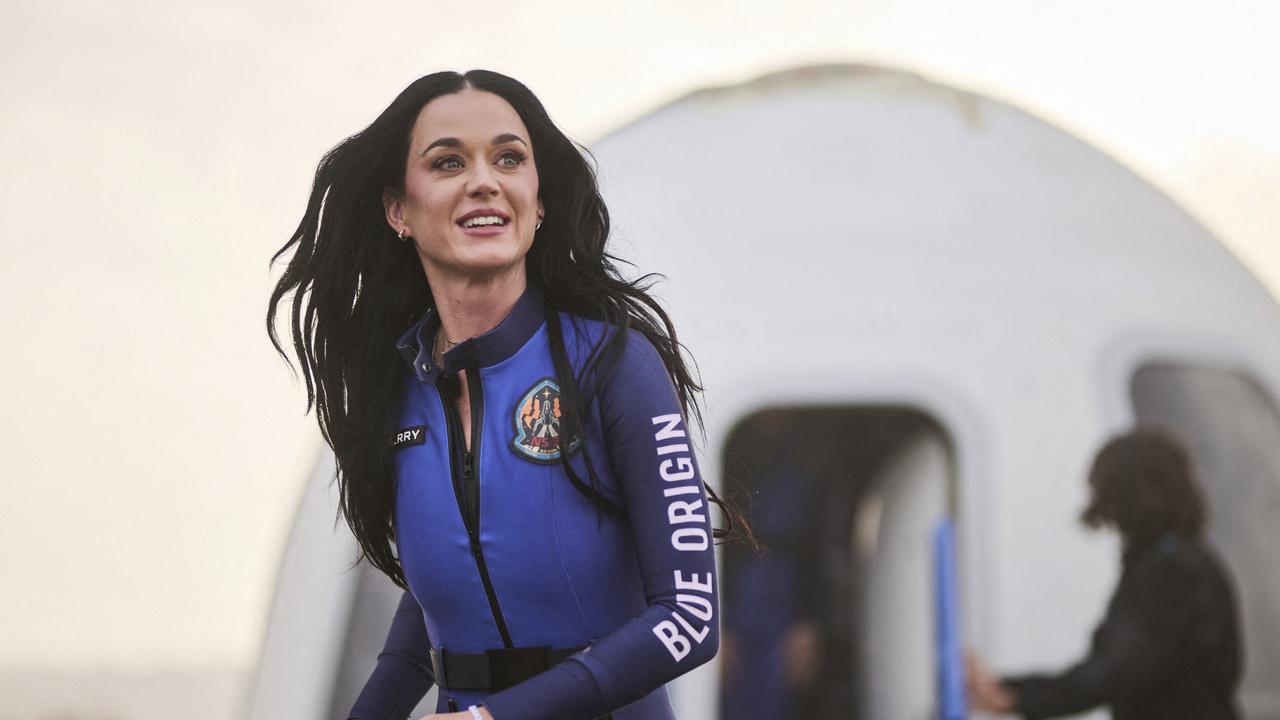Jacinta Nampiinpa Price on why she’s voting No to The Voice
Opposition spokeswoman on Indigenous Australians Senator Jacinta Nampijinpa Price has outlined her reasons for campaigning against the Voice to Parliament.
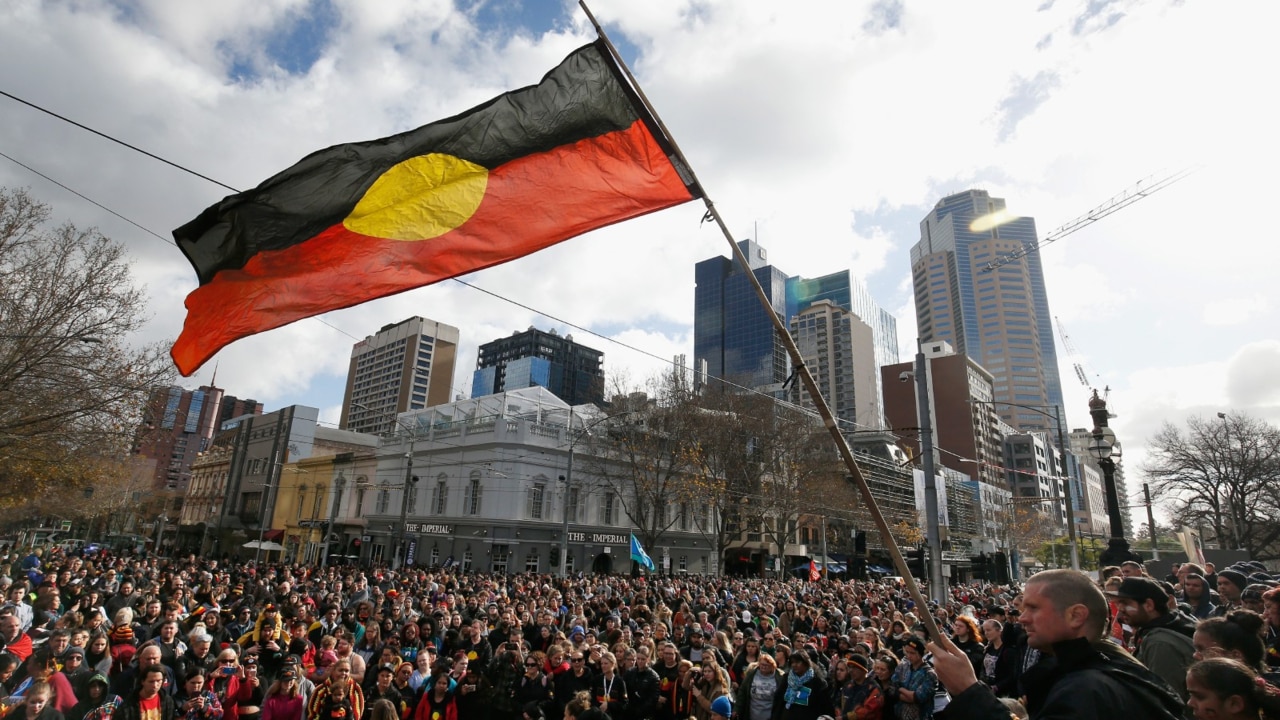
QWeekend
Don't miss out on the headlines from QWeekend. Followed categories will be added to My News.
Jacinta Nampijinpa Price is on the home stretch of the biggest fight of her fledging political career, but already she’s looking towards the next battle.
It’s the final parliamentary sitting fortnight before the Voice referendum, and the Country Liberal Party Senator for the Northern Territory has just seen off a “nasty flu”, her staff can barely remember the last time anyone spent more than a night or two at home, and family time has been scarce.
For almost a year, Price, 42, has been traversing the country, visiting Indigenous communities as well as making appearances at dozens of No campaign events in cities and regional centres around the nation.
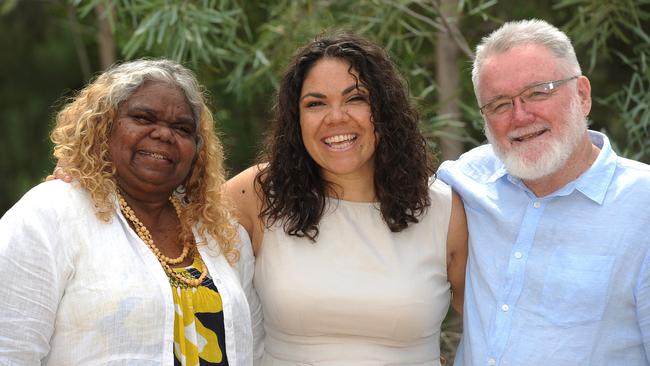
While the federal Opposition spokeswoman on Indigenous Australians says the final push to October 14 is her primary focus, she has a plethora of other issues on the boil.
The first-term Senator is keenly aware her job does not end the day after the national vote, and she wants to prove her elevation to the shadow cabinet after less than a year in office was about much more than the referendum. She wants to talk about child protection, land councils, Native Title and economic empowerment, but first she has to focus on the Voice.
Price proudly describes herself as a “Warlpiri/Celtic Australian woman”, in a nod to her mother – Walpiri community leader and former politician Bess Nungarrayi Price – and her father, Dave Price, a former teacher who has an Anglo-Celtic background. Despite politics running in the family, Price’s own path to a life of public service was an unusual one.
Music was her first passion, starting as a violinist at the age of 10, before discovering singing and shifting into hip-hop as a teenager.
She performed in multiple groups, and wrote and released her own solo album, Dry River, in 2013. But in the end politics called, and Price sought election as a councillor in Alice Springs, where she served for six years until 2021, with her final year as deputy mayor.
After an unsuccessful bid for the lower house NT federal seat of Lingiari in 2019, Price switched her focus to the Senate, entering parliament in May 2022. In her maiden speech to the Senate in July last year, Price said her vision and goal in public life was to see “women, children and other victims” in remote communities “become as safe as any of those living in Sydney, Melbourne or any other Australian city”.
“My goal is to halt the pointless virtue signalling and focus on solutions that brings real change,” she said.

In that speech Price also railed against “growing welfare dependency” among Indigenous Australians and the failures of the Land Rights Act to deliver “economic independence” for communities.
“It is a constant cycle of Indigenous industry gravy train consumers, in a static system that gathers under the banner of ‘opportunistic collectivism’,” she opined.
Finally she turned her attention to the Voice, warning it would “drive a wedge” between Indigenous and non-Indigenous Australia, criticising Labor’s support for a proposal she felt lacked detail. Whether she knew it or not at the time, Price had set her Coalition party room on an almost unwavering course to oppose the Voice referendum.
Price is a key driver of the argument the Voice is an “elite” proposal that excludes most Indigenous communities, a perspective that has proven potent within the electorate.
“The reason I put my hand up in the first place was to make sure that our marginalised and our vulnerable are heard throughout the debate on issues that concern them in communities,” she says.
“I feel like the debate around the Voice is a very elite conversation taking place, that those vulnerable people are missing out really in participating meaningfully.
“Community mob feel like this is about the city mob making determinations or deciding what is good for them.”
Price’s earnest convictions have drawn criticism from other Indigenous leaders, most recently when she declared there were no ongoing negative impacts on Aboriginal people as a result of colonisation.
Her blunt response to a question at the National Press Club contradicted vast bodies of research that highlight the health, economic and social welfare impacts of past policies like those that led to the Stolen Generation. Price remains convinced the real danger is trapping Indigenous people in a culture of victimhood.
Travelling through remote and regional Australia, Price says she sees a “huge divide” comparing views from there with views in
the cities.
“There are some really strong opinions from Indigenous community members that they don’t trust the government,” she says.
“They don’t trust the process. They feel like they’re in the dark when it comes to the Voice, which contributes to their distrust and so the likelihood of them supporting this concept is quite low.”
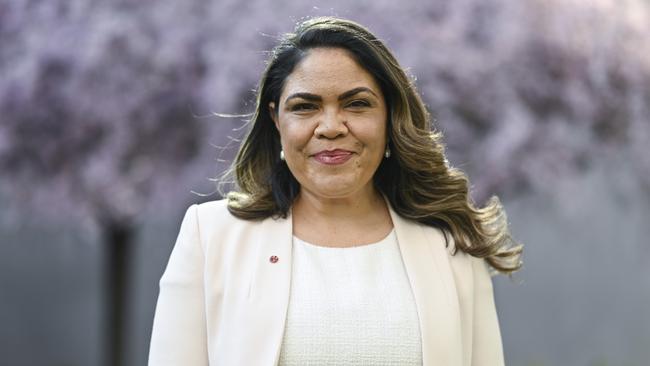
The lack of sleep, constant travel and upheaval have been an adjustment for Price, who says the non-stop year of campaigning “does take its toll at times”.
On the day the referendum date was announced as October 14, Price and fellow leading No campaigner Warren Mundine fronted the media for what transpired to be an emotional press conference.
“There’s a lot of tension in the air,” Price reflects.
A visibly worked-up Mundine took to the microphone to lash Anthony Albanese for unleashing a torrent of abuse and racism on people like himself.
The Prime Minister has not called anyone names and consistently called for respectful debate, but Mundine saw the very act of bringing the campaign to fruition as the crime.
“He’s the one who started this, he’s the one who’s (brought) it out,” Mundine insists.
Price admits she was concerned for Mundine that day.
“This is personal for the both of us, you know, and we genuinely want to make sure that we’re not feeding into an activist cause, that we are keeping our country together because our marginalised need us to,” she says.
Price says she remains grounded by her loved ones (husband Colin Lillie and stepson Kincade Lillie, 16, and her three sons, Leiland, Ethan, and Declan Castle from a previous marriage) and her office team.
“I feel very supported by my family, but also the team that I have, which makes a huge difference when I want to execute ideas or work on issues that are of concern that don’t come up in the Voice debate.”

Price also has the backing of her parliamentary colleagues, with Opposition Leader Peter Dutton effusive in his praise of the first-term Senator he elevated to shadow cabinet earlier this year.
“We need more people like Jacinta in our public life,” he says. “I am so proud of her and the work she has been doing.
“She is an asset to my team and I’m proud to have her as a colleague and a friend.”
Dutton describes Price as a “warrior and a fighter” who is “leading the charge” for better practical outcomes for Indigenous Australians.
“Jacinta calls things as she sees them, and she gets things done,” he says.
“She’s one of the best communicators in the business. You want your best people on the field and Jacinta is our strongest voice in relation to Indigenous affairs.”
Dutton says he has seen “first-hand” her efforts to improve the lives of Indigenous women and kids during his trips with her to Alice Springs. “She’s done an incredible amount of work to tackle tough issues like the scourge of sexual abuse, domestic violence, and the crisis in law and order in some Indigenous communities – particularly in Alice Springs most recently,” he says.
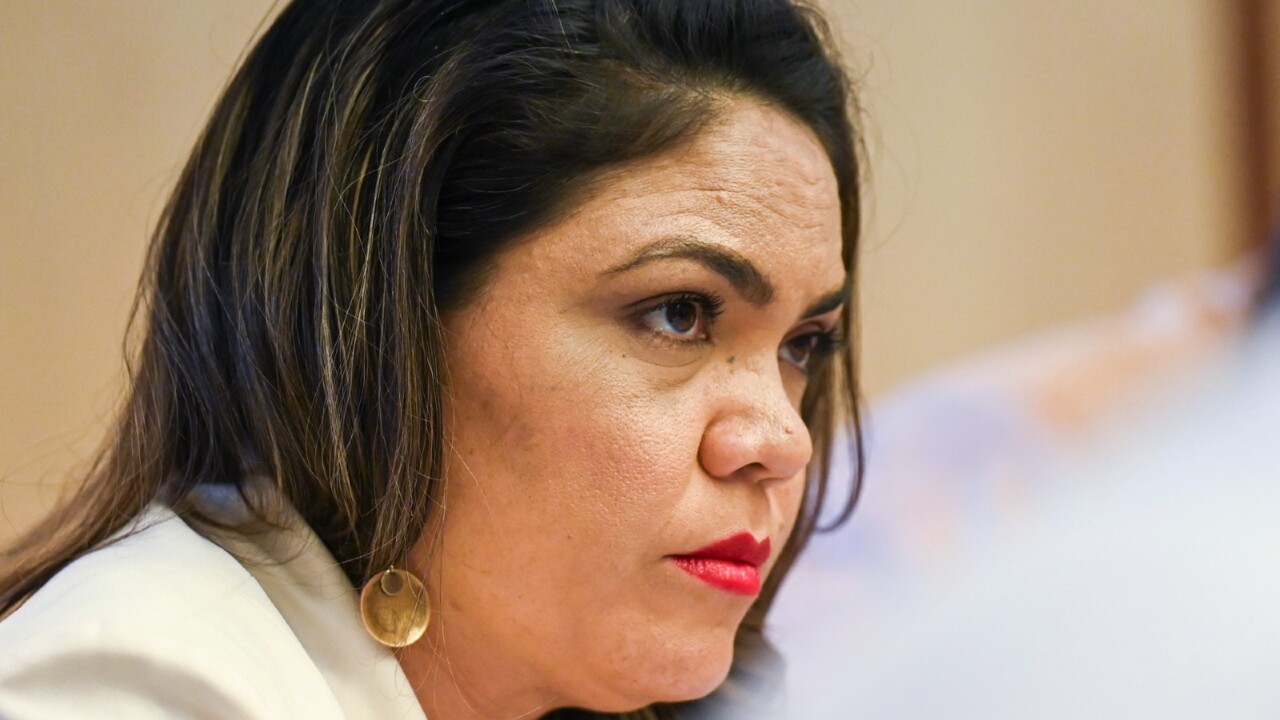
As the Voice debate reaches fever pitch in the final weeks before the referendum, Price still has many “things going on in the background” in her shadow ministerial role.
“One of the things that has disappointed me is the fact there’s been very little time to focus on the portfolio because of being overshadowed by the referendum,” she says.
Price wants to wade straight into the complex issues of Native Title, the decision-making behind Aboriginal Land Councils and the failures to economically empower Indigenous communities.
She’s also passionate about the protection of children who are at risk of, or have been abused. Price fears a “lot of kids are left in dysfunction” in large part due to the “stigma” attached to child protection as a result of the Stolen Generation.
“They are state and territory responsibilities, but from a federal perspective I’d like to understand and look at ways that we can be more involved because when it comes to the lives of Indigenous children, ensuring their human rights are upheld,” she says.
“I think it’s everybody’s responsibility.”
But before Price can completely turn her mind to the myriad issues in her portfolio, there remains the not insignificant matter of the Voice referendum. “I think it’s going to be quite close, which really leaves for a country that is divided,” she says.
“That’s really concerning, because that’s no way to be in order to solve some of our problems as a nation. We need to be united as a country and not divided.”
Price says she’s very aware a “lot of work will need to be done”, regardless of the result, to bring the country together.
She personally hopes this will come with less of a focus on “race” or “identity politics”.
“I hope … we can reflect on our shared Australian values,” she says.
“Which is about respecting everyone, regardless of racial heritage or any other identification, that we can just regard ourselves as Australians that need to do some work to get back together again.” ■




